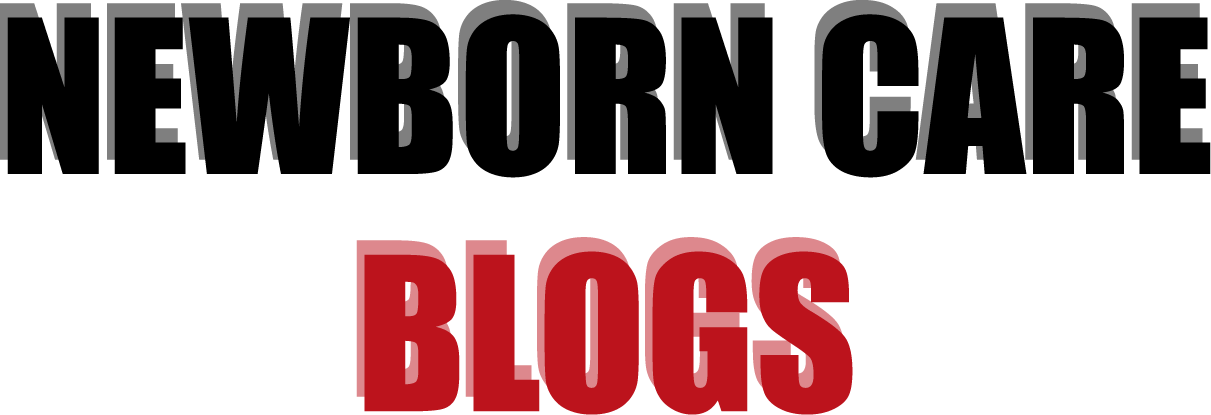Introduction
Welcoming a newborn into the family is a remarkable and joyous occasion, accompanied by a host of new responsibilities, especially in terms of medical care. Understanding the intricacies of newborn medical care is crucial for every parent. In this blog post, we will delve into various aspects of newborn medical care, offering valuable insights and guidance to help parents navigate this vital aspect of parenthood with confidence.
1. Prenatal Preparation: Laying the Groundwork
The journey of newborn medical care begins even before the baby arrives. Prenatal care involves choosing a healthcare provider, discussing birthing options, and understanding the hospital facilities. Parents can also use this time to educate themselves about common newborn medical procedures and interventions, preparing for what lies ahead.
2. Postnatal Care: The First Critical Hours
Immediately after birth, the baby undergoes a series of medical checks. These assessments, such as APGAR scoring, help medical professionals evaluate the newborn's overall health, breathing, and reflexes. Postnatal care also includes important procedures like vitamin K injections, eye ointments, and hepatitis B vaccinations, all aimed at ensuring the baby's well-being from the very beginning.
3. Feeding and Nutrition: Foundation for Health
Breastfeeding is not only a bonding experience but also provides essential nutrients and antibodies crucial for the baby's immune system. For mothers who choose formula feeding, selecting the right formula and understanding proper preparation techniques is vital. Lactation consultants and pediatricians can offer guidance on breastfeeding, ensuring both the baby and the mother are comfortable and healthy.
4. Immunizations: Shielding Against Diseases
Immunizations are pivotal in safeguarding newborns from various diseases. Following the recommended vaccination schedule protects the baby from potentially life-threatening illnesses such as measles, mumps, rubella, polio, and hepatitis B. Parents should work closely with healthcare providers to keep track of immunizations and understand the importance of each vaccine in building the baby's immunity.
5. Common Newborn Health Concerns: Knowledge is Power
Rash hives, jaundice, and reflux are just a few of the typical health issues that newborns are vulnerable to. Parents are more equipped to give prompt care and obtain medical guidance as necessary when they are aware of the triggers, symptoms, and proper remedies for these problems. The baby's health depends on seeking doctor advice on how to handle these worries.
6. Developmental Milestones and Early Intervention: Monitoring Progress
Each baby develops at their own pace, reaching developmental milestones at different times. Regular pediatric check-ups not only monitor the baby's physical health but also assess developmental progress. Parents should openly communicate with healthcare providers, discussing any concerns about the baby's motor skills, communication, or social interactions. Early intervention services can offer tremendous support if developmental delays are identified.
Conclusion: Empowered Parenthood through Knowledge
Navigating newborn medical care can be both exciting and overwhelming for parents. By educating themselves about prenatal and postnatal care, feeding and immunization practices, common health concerns, and developmental milestones, parents can approach these challenges with confidence and assurance. Parents are better prepared to give their children the greatest medical care when they have open contact with healthcare experts, ask questions, and seek help when needed. Parents may approach this medical journey in the utmost confidence, safeguarding the safety and happiness of their priceless children, armed with information and supported by a trustworthy healthcare staff.




.jpg)
0 Comments